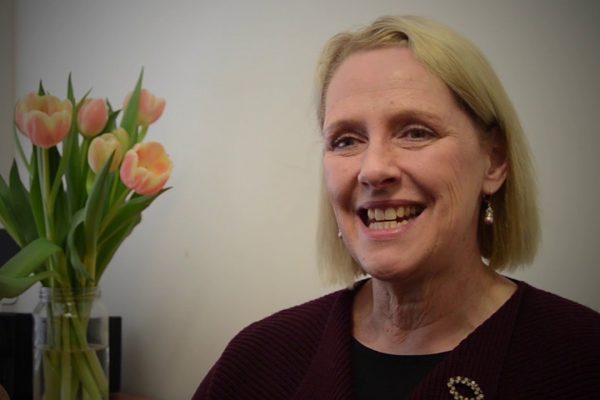Who do you say I am?
The question of who Jesus is, continues to plague generation after generation. Every now and then there is a major resurgence of the so called ‘quest for the historical Jesus’. Scholars, archaeologists, historians and theologians set out on the quest to uncover the essence of the man called Jesus, who walked the streets of Capernaum, Caesarea Philippi, Jerusalem, and the villages around the Sea of Galilee, in the first century. And while we can find out a great deal, a lot of the historical Jesus remains elusive. We know very little, for example, about the first thirty years of his life. Even after that, we find it hard to sketch together an itinerary for his public ministry. In John’s Gospel he is in Jerusalem three (or four) times. In the synoptic gospels, only once.
The gospel passage that we listen to for this Sunday (Mark 8:27-35), indicates that the disciples themselves, along with others in the communities of his day, have varying understandings of who Jesus is. Many put him in the prophetic line – John the Baptist, Elijah, one of the Prophets. When pushed, it is Peter who speaks up. “You are the Christ.”
We should expect Jesus to be happy with this answer. Peter has recognised him as the anointed one. But even Peter seems to have misunderstood. Jesus began to teach them that the Son of Man was destined to suffer grievously and be put to death. Interestingly, Jesus refers to himself as the Son of Man. This may be a key to understanding who he really is. Jesus is (a) the Son of Man. I prefer to use the term the son of humanity. In other words, Jesus, born fully human is the one who reveals the fullness of humanity to all human beings. He is, of course, at the same time, the Son of God, fully divine and reveals to humanity the fullness of God. But let us stick with the phrase the Son of Man. As the Son of Man, or the son of humanity, Jesus reveals to us what it is to live fully and in accordance with the God who created all in humanity in his image and likeness. The Son of Man will suffer and die. Not because God wants him to die but because he will not play the games of envy, exclusion and violence to bring about his success. He will not muster an army to fight his cause. He will not create a scapegoat to wear the blame for the ills of the world. He will not shirk from whatever it costs to lift the burden of the suffering and bring those on the outer into the fulness of humanity. And because he will not play these ever so common human games, he will be put to death.
Peter does not understand. This must not happen to you! Jesus, on the other hand rebukes Peter. Get behind me, he exclaims. ‘You want me to play those human games, but I have come to show humanity another way. I have come to reveal the God of life, who never gives up on humanity and who will not let death and destruction have the last word. Not in my life and not in yours. Understand this and you will live’.
So, Jesus, the Son of Man reveals to us another way of being human. He reveals to us that God is life and will always be on the side of light and life. That is who Jesus is. We may not be able to trace every step he took on the earth and reconstruct every encounter he had and every place he visited. However, the gospels all attest to the fact that he is the ‘Son of Man’ and the ‘Son of God’. There is enough in those two phrases alone to answer the question, ‘who do you say I am?’ and to give us Jesus for a lifetime.
By Fr Brendan Reed
Published: 13 September 2024




Comments
Patricia WATKINSON
Fr BrendN Your words seem to affirm a belief that the God of Humanity is here.... in every moment of each dau as we strive to be inspired to become members of this world of humans.
Add Comment